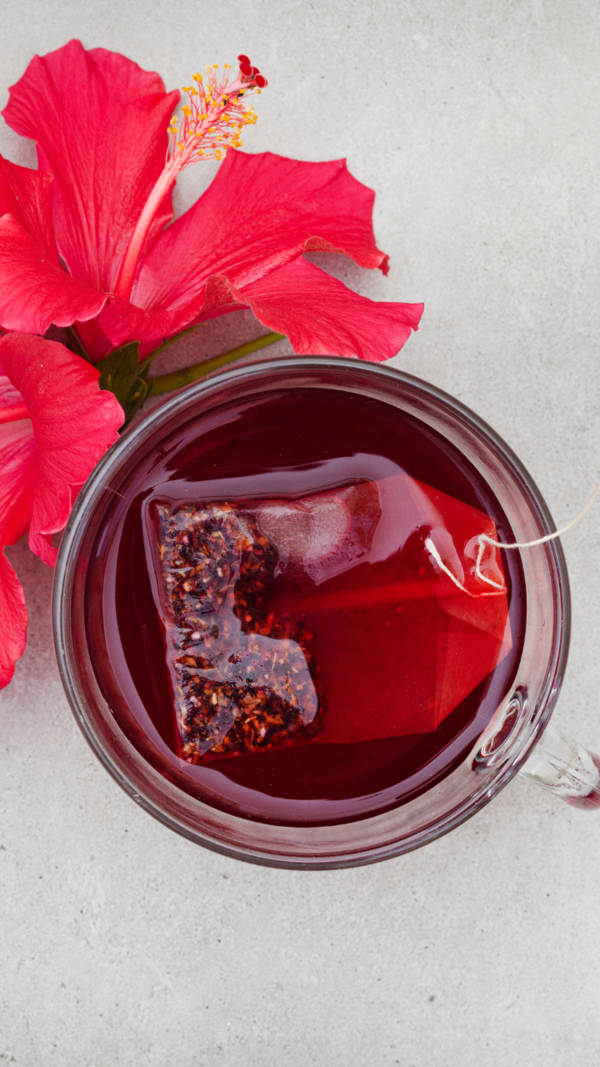7 common Indian foods to avoid for dinner
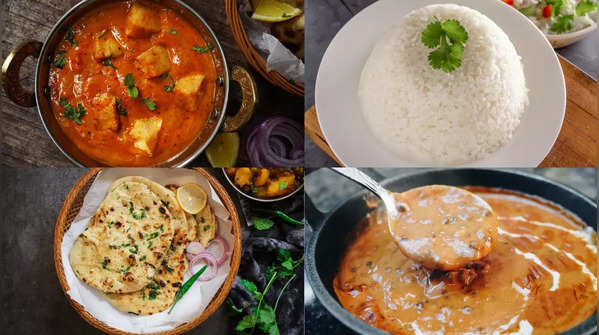
Which Indian foods are worst for dinner?
Indian cuisine is known for its rich flavours and diverse dishes. However, while many foods are healthy, some common choices might not be ideal for dinner due to their heavy ingredients, high-calorie content, or digestion-related issues. Consuming these foods at night can lead to poor digestion, disrupted sleep, or unwanted weight gain. Here are 7 common Indian foods you should consider avoiding for dinner.
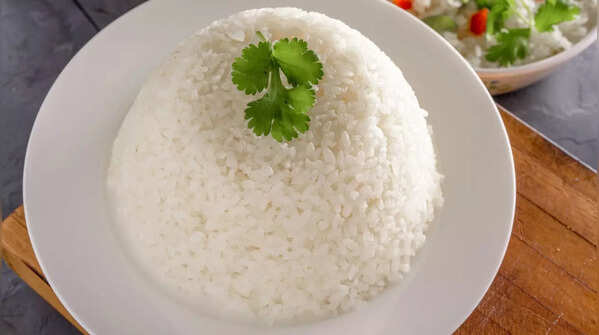
Rice
Rice is a staple in many Indian households and a favourite dinner option, especially in the form of dishes like Biryani, Pulao, or simple steamed rice with curries. However, rice is high in carbohydrates, and consuming it in the evening may cause a spike in blood sugar levels, making it difficult to metabolize before bedtime. This can lead to weight gain and digestive issues like bloating or acidity. Opting for whole grains like brown rice earlier in the day can be a better choice.
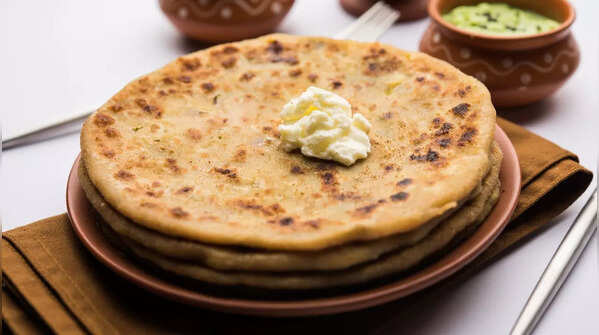
Paratha
Parathas, especially stuffed ones like Aloo or Paneer Parathas, are often consumed for dinner due to their comforting and filling nature. However, they are typically made with maida and are often fried with generous amounts of ghee or oil. This combination makes parathas high in calories and difficult to digest late in the evening. The heavy carbs and fats can lead to sluggishness and make it harder for your body to process before bedtime.
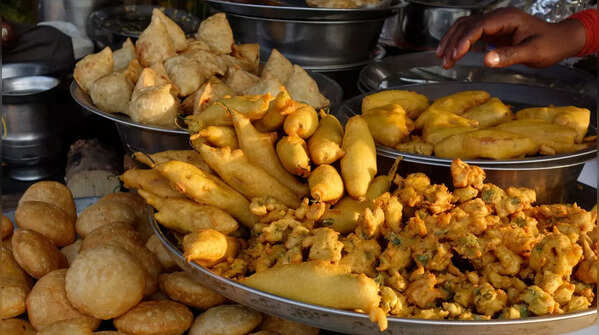
Deep-fried snacks
Indian cuisine is filled with delicious deep-fried snacks like Samosas, Pakoras, and Bhajis, often enjoyed as a side dish with dinner. While they might be tempting, these fried foods are high in unhealthy fats and calories, making them unsuitable for dinner. Consuming deep-fried items at night can lead to heartburn, and indigestion due to the body's reduced ability to burn calories while at rest. Eating deep-fried snacks at night can be dangerous as they can disrupt sleep. These heavy foods can slow down metabolism and contribute to weight gain. Additionally, consuming them late at night increases the risk of acid reflux and bloating.
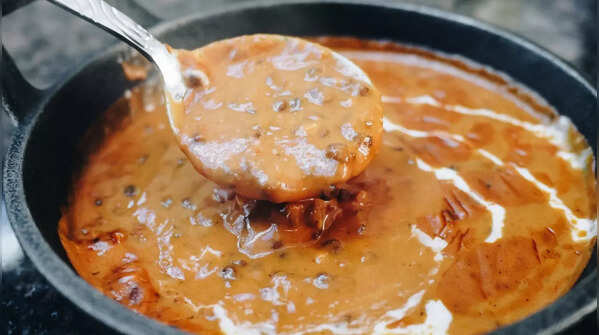
Dal Makhani
Dal Makhani is a creamy, rich lentil dish made with black lentils, butter, and cream, often served with naan or rice. It can cause gas as well in certain people. Although lentils are a great source of protein, this particular dish is heavy in fats due to the butter and cream, making it hard to digest during the night. If you're craving lentils, opting for a lighter dal like moong dal or masoor dal, without excess fat, is a healthier option for dinner.
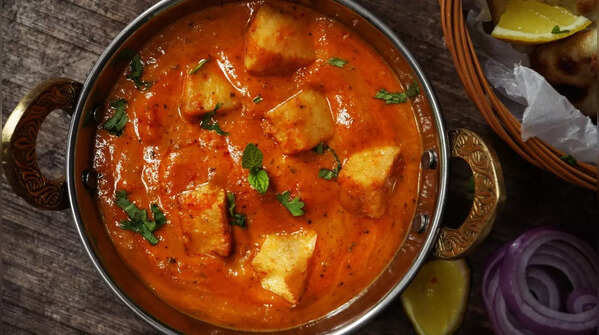
Paneer-based curries
Paneer is a popular vegetarian protein option in Indian meals, often prepared in rich curries like paneer butter masala or shahi paneer. While paneer is a good source of protein, these curries are high in fats, cream, and spices, making them too heavy for dinner. They can lead to digestive discomfort and disrupt sleep due to their rich ingredients. Instead, try lighter paneer dishes like grilled or stir-fried paneer for dinner.
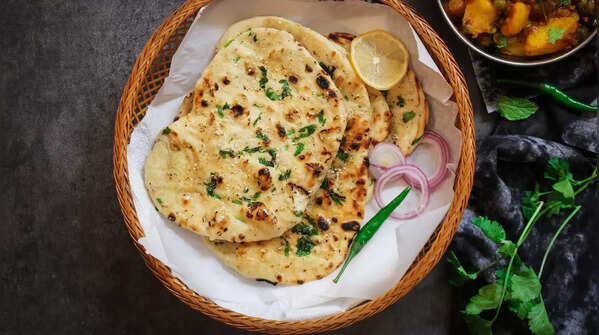
Naan
Be it Makhani Dal, Butter Chicken, or Kadhai Paneer, if there is one bread that goes along with these dishes is Naan. This bread is often prepared from maida and butter, making it high in calories and low in nutrients. Eating naan at dinner can lead to bloating and indigestion due to its refined flour content. Opt for lighter flatbreads like chapati made from whole wheat flour or multigrain roti, which are easier to digest.
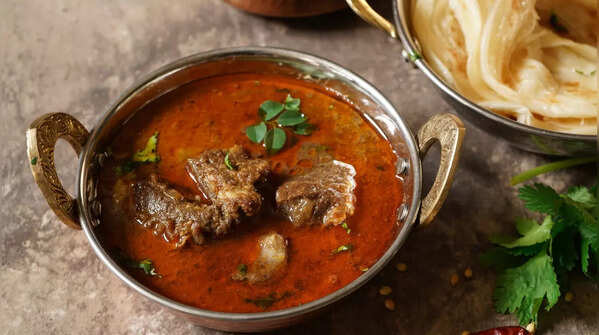
Mutton curries
Mutton curries are rich, heavy, and high in fat, making them difficult to digest, especially at night when metabolism slows down. Consuming such meals late in the evening can lead to indigestion, discomfort, and disturbed sleep. The high-fat content may also contribute to weight gain and elevate cholesterol levels over time, making lighter meals a better option for dinner.
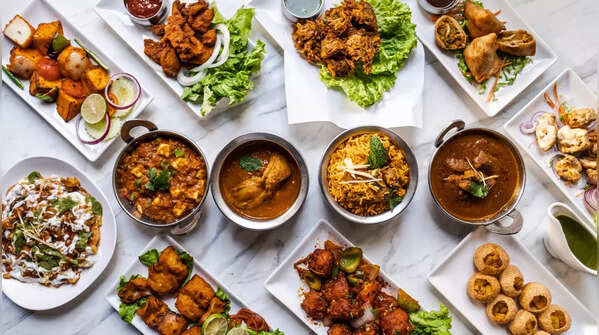
Why heavy foods must be avoided at dinner?
Heavy foods should be avoided at night because they can slow down digestion, leading to discomfort, bloating, and disrupted sleep. High-fat and calorie-dense meals may cause acid reflux and indigestion, making it harder for the body to rest. Opting for lighter, easily digestible foods helps promote better sleep and overall health.





